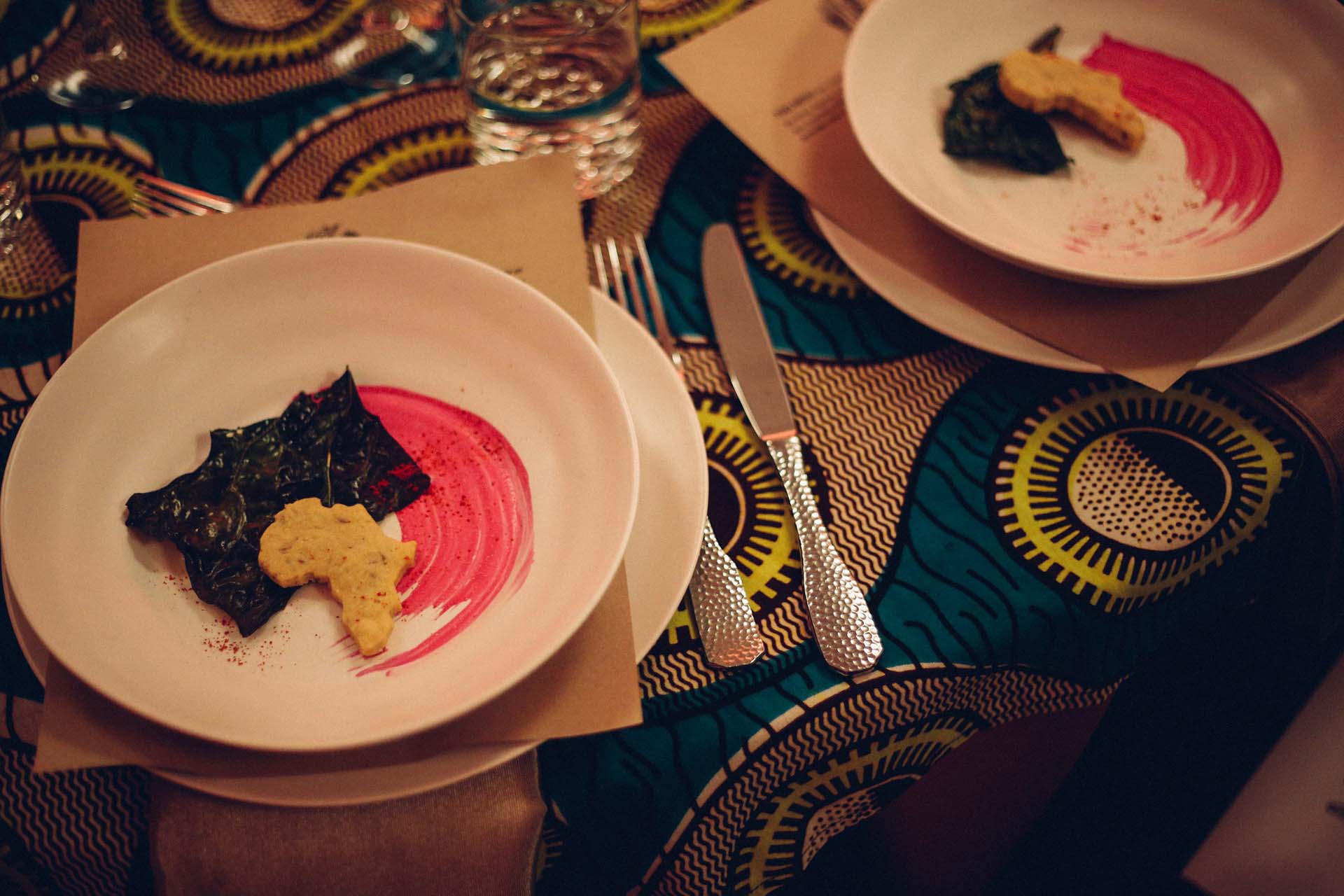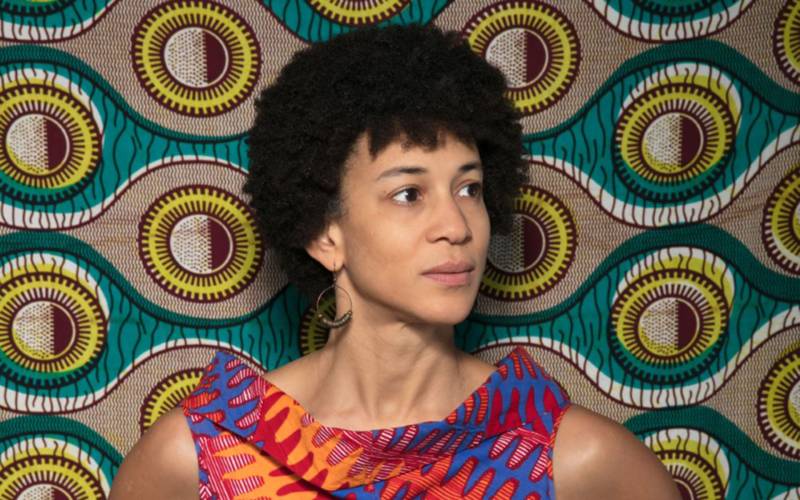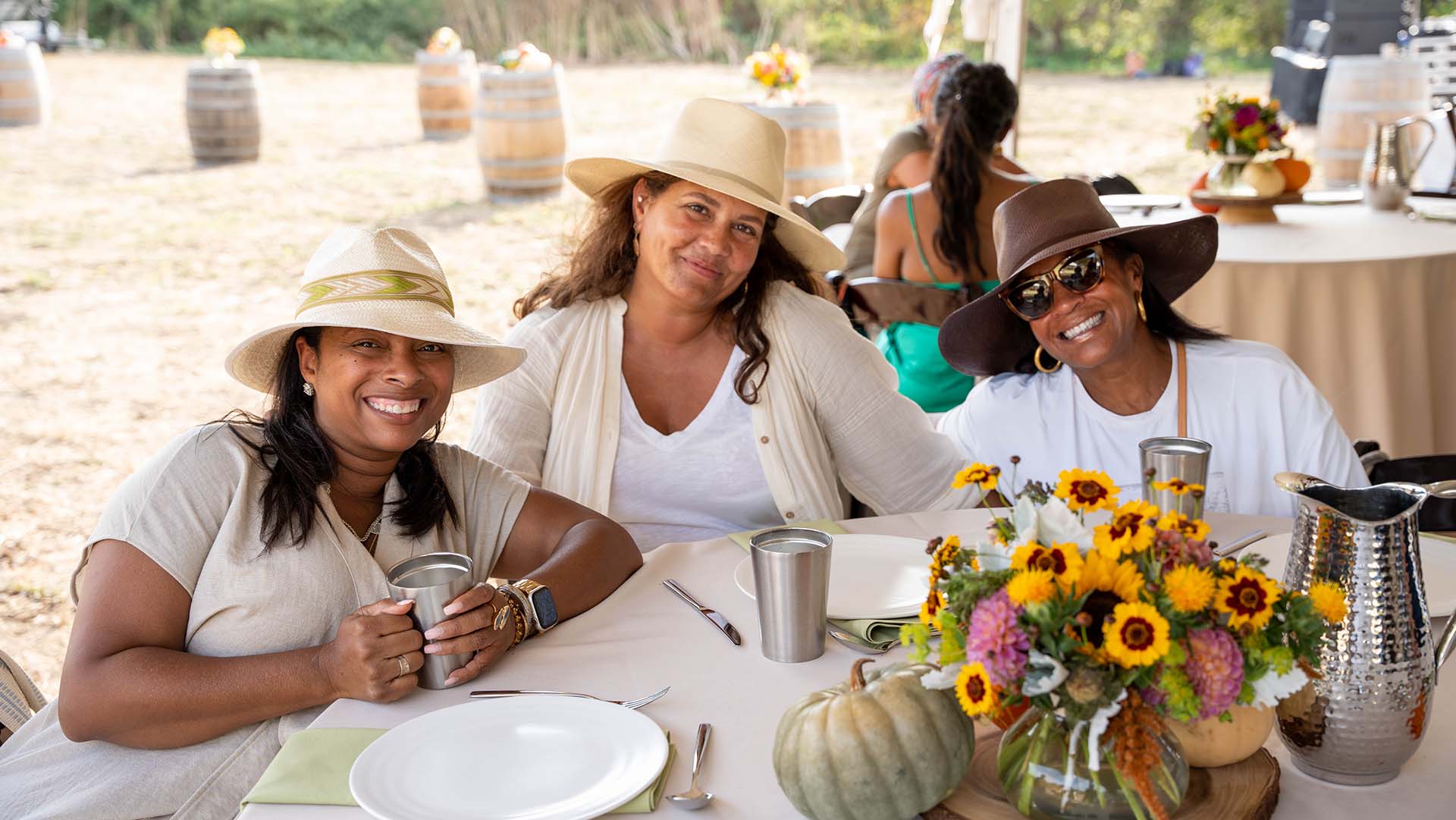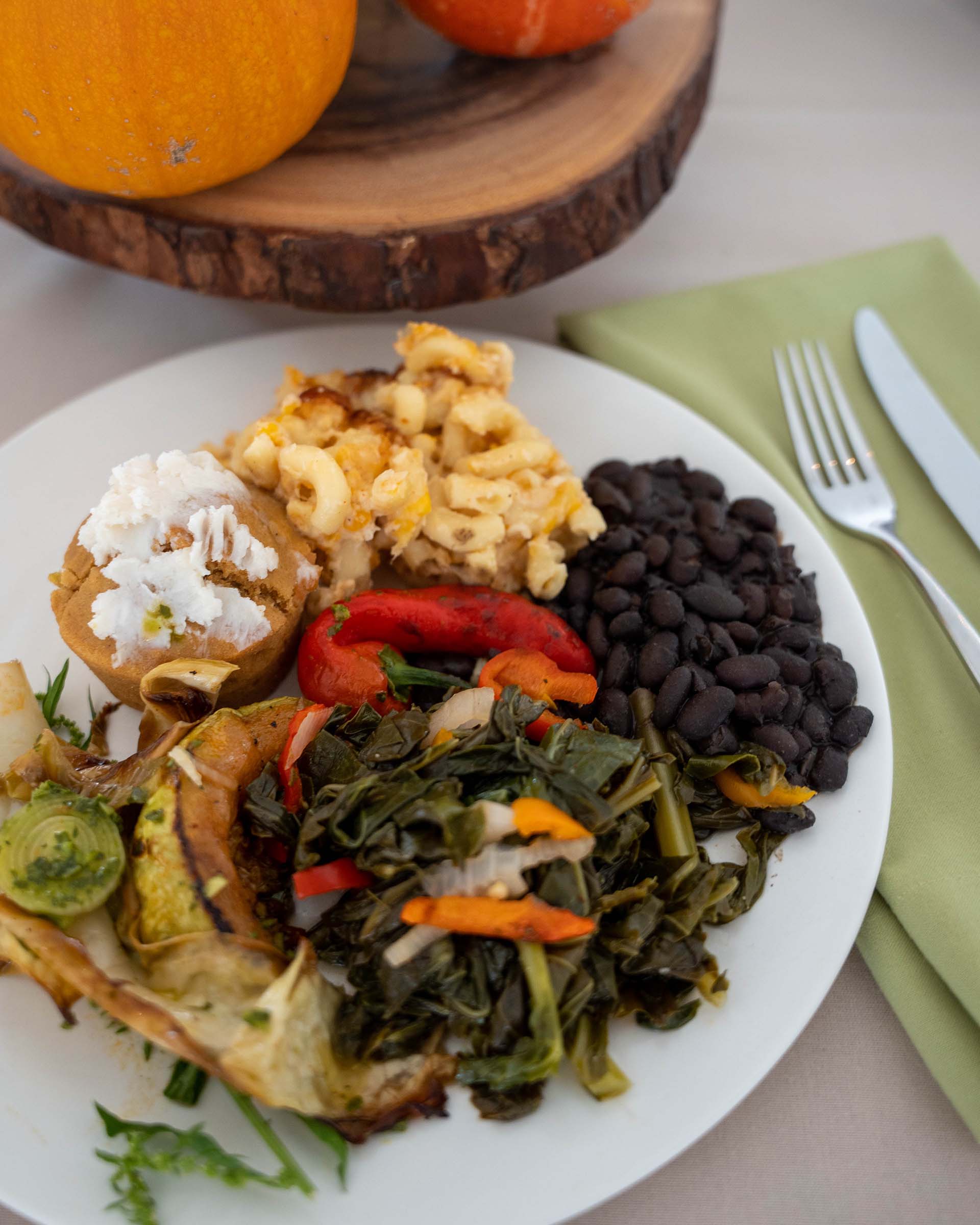The first time I met Jocelyn Jackson, back in 2015, the chef and food activist Bryant Terry was emceeing an Oakland food event where he introduced the organization that Jackson co-founded — People’s Kitchen Collective — as the Bay Area food movement’s “house band.” In other words, the group wasn’t always the headliner, but it often worked behind the scenes whenever there was an event or initiative at the intersection of food, art and social justice. One week Jackson and her collaborators might sling vegan tacos at an anti-colonialist cookbook event. Another week you’d find them in West Oakland giving away a free hot breakfast to anyone who wanted one.
All of which is to say: Jackson has been deeply involved in the Bay Area food world for a long time. Or, as she says about the scene, “There is no stranger in this room. … We know each other. We’ve been there for each other — for years.”
So there’s some poetry to the fact that Jackson is now stepping into one of the Bay Area food movement’s most prominent, unique positions: At the start of this year, she became the Museum of the African Diaspora’s second ever chef-in-residence — a role that Terry himself essentially created and held for seven years.
I spoke to Jackson by phone a couple of weeks into her new gig. Here are five things you can expect from the chef’s tenure at MoAD:
1. MoAD’s chef-in-residence program will continue to be one of a kind.
If you’ve never heard of any other museum having a “chef-in-residence,” that’s because programs like MoAD’s, which focus on the ways that food, art and culture intersect in the Black diaspora, don’t really exist anywhere else — certainly not in such a comprehensive way. Jackson isn’t becoming the museum’s “chef” in the traditional sense of running a restaurant on its premises. Instead, like Terry before her, she’ll run a whole slate of food-related cultural programming all year round (more on the specifics of that programming in a minute).

“The Museum of the African Diaspora is about reflecting the beauty and wholeness of our people,” Jackson says. “It would be remiss to overlook that food is part of our artistry — it’s part of the way that our people find survival and celebration.”




